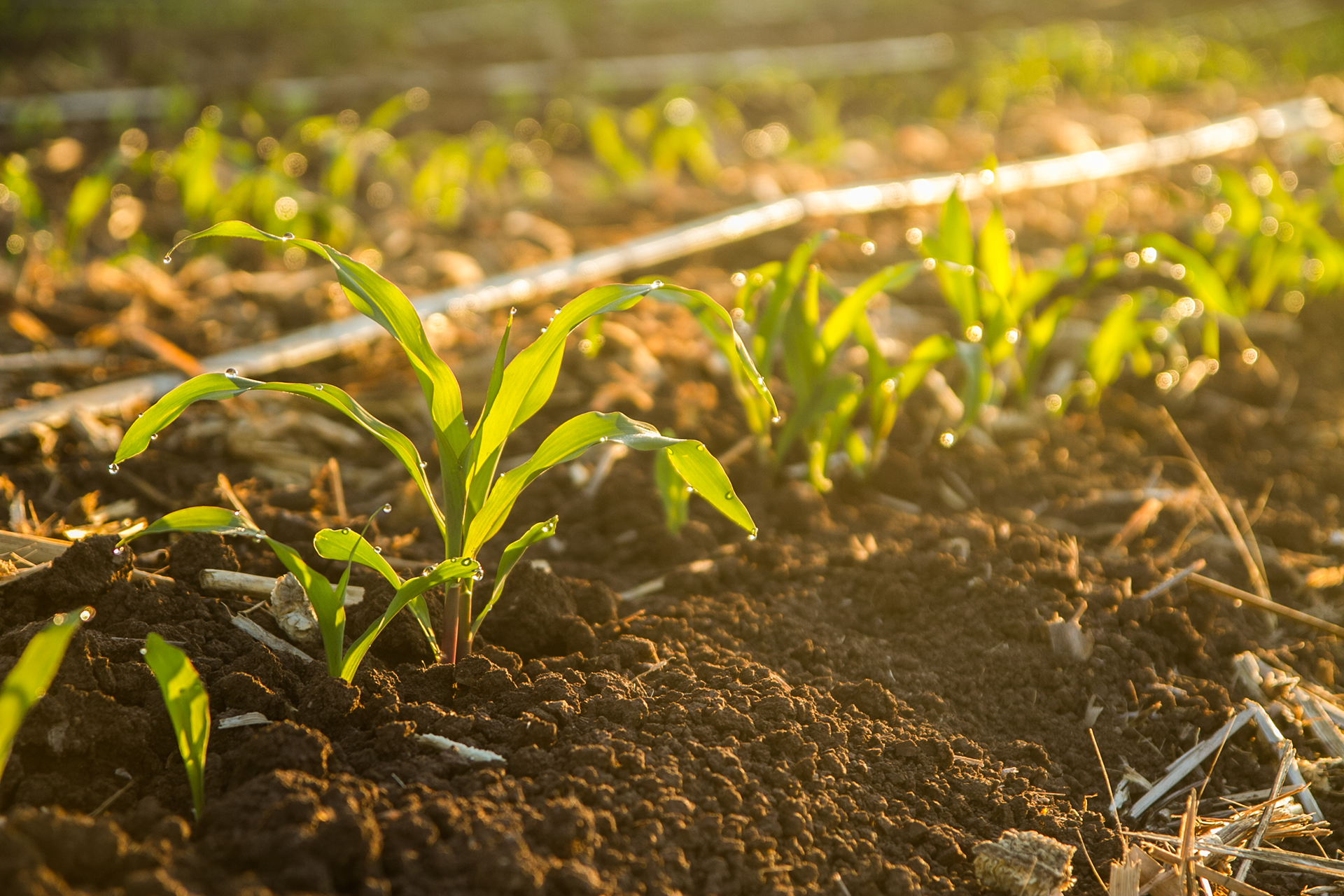By providing scaled access to inputs, training and support, the Grow the Growers project is developing lucrative and sustainable livelihood pathways for small farmers while improving food security for the community.
After the successful implementation of the IDC-funded Social Employment programme in Lusikisiki, SANRAL provided funding for a three-month extension, which concluded in July. The project was focused on scaling agricultural initiatives, enhancing food security and connecting small-scale farmers to commercial markets.
Many families in Lusikisiki struggle to access and afford nutritious food. Despite this, agricultural activity in the area remains limited. Where farming does occur, it is mainly subsistence-based and often relies on ineffective or unsustainable practices. The Grow the Growers Project was designed to significantly scale sustainable agriculture in the area, establishing thriving family gardens and small farms by providing access to quality inputs, training and support.

Andile Maphumulo
“We are thrilled with the impact of the project,” says Andile Maphumulo, Social Sustainability Manager at leading consulting engineering and infrastructure advisory firm Zutari.
“The Grow the Growers Project has established year-round family gardens at scale and has empowered small farmers to produce vegetables for commercial markets.”
A total of 1 068 families were empowered to establish a 50 m² home garden, each growing five different vegetables, and capable of feeding a family of four year-round. This initiative has significantly enhanced food security in the area.
In addition, 28 high-potential farmers were equipped to scale up vegetable production for commercial markets. Each farmer received extensive training, access to essential inputs such as seeds and fertilisers, and support with aggregation and supply logistics. A sustainable market link was established, resulting in reliable contracts to supply Wild Coast Food Markets.
The project also launched micro-nursery businesses. Each farm received a high-quality tunnel, providing a controlled environment for seedling growth. Farmers can now grow and sell quality seedlings, previously unavailable, to local growers. As a result, these farmers can generate additional income and accelerate vegetable production for home gardens in the area.
Participants were trained in effective and ecologically friendly practices that promote the long-term health of the soil and ecosystem. These practices included effective mulching, composting, and eco-friendly pest management using locally available plants such as aloe, tobacco, and wild garlic.

Amelia-Visagie
Project Manager Amelia Visagie reveals that about R5,5 million in stipends flowed into the community between April and June, a significant stimulus to the local economy. The thriving gardens have generated excitement about agriculture as a viable, lucrative livelihood pathway. As interest continues to grow, she hopes that the gardens will spread in a widening circle of impact throughout the community.










Very interesting, hearwarming and uplifting.